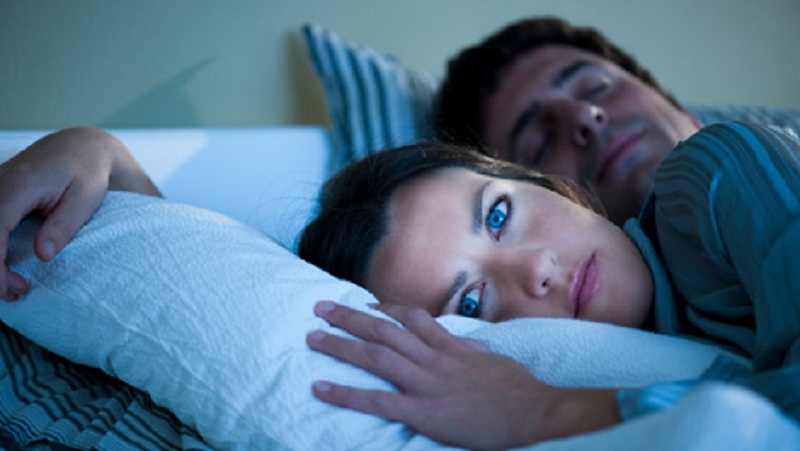
The Sunday News

WHILE we tend to picture insomniacs as those who stay up all night staring at the ceiling logging zero hours of shut-eye, that’s not quite the definition doctors paint.
What is insomnia?
“Think of ‘insomnia’ as a fancy word for trouble sleeping,” explains Jeffrey Ellenbogen, MD, a sleep physician at Johns Hopkins and director of the Sound Sleep Project.
To a sleep specialist, ‘‘insomnia’’ implies having trouble falling asleep or staying asleep that leads to trouble functioning in the day. Importantly, this is in the context of having a sufficient opportunity to sleep and is not due to a medical condition, psychiatric condition, or a medication, he says.
That means insomnia always creates daytime symptoms; but all too often gets tangled up with underlying conditions — depression, anxiety, Chronic Obstructive Pulmonary Disease (COPD), sleep apnea — or external factors (like stress or noise) that keep you from sleeping.
“There are many things that cause difficulty sleeping,” he says. Many are important, treatable issues, but are not, strictly speaking, insomnia.
Classic insomnia is called psychophysiologic insomnia, says Rajkumar Dasgupta, MD, an assistant professor of clinical medicine at the Keck School of Medicine at the University of Southern California. People with it usually have anxiety related to sleep. They dread bedtime or develop bad habits that ultimately make their insomnia worse, he says.
So how do you treat insomnia?
“The first and most important step in treating insomnia is finding the underlying cause,” says Ellenbogen. Start by asking yourself this: Is there a problem outside or within my body that might be disrupting my sleep?
Common outside causes are things like noise in the bedroom like a snoring bed partner, light pollution or a room that feels too hot.
Inside causes can include lingering caffeine from a late afternoon cup of coffee, anxiety or depression, sleep apnea, frequent urination or circadian problems (issues with your internal clock).
All of these issues, he notes, are treatable in some form. And that’s where you need to start: “If you think of insomnia as a symptom, rather than a disorder than this model of searching for underlying causes makes more sense,” he says. “Find the problem and you’ll find the solution.”
If none of that rings a bell? For true idiopathic, medical-grade, textbook insomnia (you can’t find an identifiable cause but you still have daytime symptoms), the first treatment tends to be cognitive behavioural therapy (CBT) programs focused on insomnia. Meeting with a clinician for sleep assessments, completing a sleep diary, and working on changing thought patterns and habits that can be harmful to sleep can ease symptoms.
“You have to stick with it for six to eight weeks to see changes in behaviours and thoughts,” notes Dasgupta.
Medications can also be an option for people suffering from insomnia, though everybody is different, notes Dasgupta. Some people prefer the more natural route — in which case, herbal supplements like valerian root, tryptophan, chamomile, melatonin have been shown to help assist with sleep. But make sure to tell your doctor about any and all supplements (even the herbal ones) that you’re taking to side-step any side effects or complications with other medications. —Askmen.com



